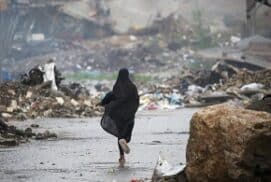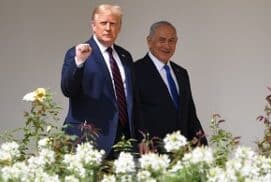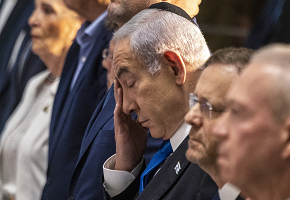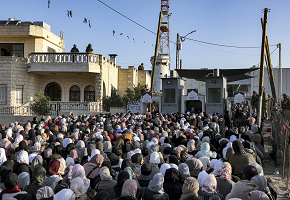Federica Zoja 15 February 2025
“Every day there’s something new. Donald Trump’s political agenda is totally unpredictable: today it’s the Gaza Strip, tomorrow it will be Ukraine!” Sebastien Boussois, an analyst and researcher at the Université Libre de Bruxelles and at Uqam in Montreal, is one of the most authoritative voices in the French-speaking world on the subject of relations between the West and the Gulf States. In the aftermath of Riyadh’s vehement opposition to the American proposal to empty Gaza and rebuild it, his first comment is unequivocal: “It’s all a show, a complete charade! I think that Saudi Arabia, through the voice of its Foreign Minister, is obliged to reject Trump’s proposal for annexation. But also that there is no lasting or solid agreement in the region as strong as the one between the United States and Saudi Arabia: let us remember, it dates back to 1945, after the end of the Second World War.”










